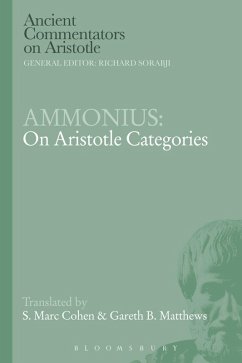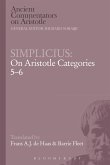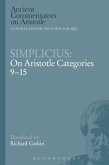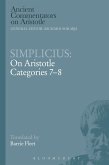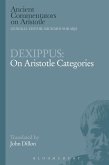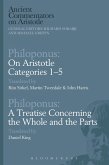Ammonius, who taught most of the leading sixth-century Neoplatonists, introduced the methods of his own teacher, Proclus, from Athens to Alexandria. These are exemplified in his commentaries: for instance, in the set of ten introductory questions prefixed to this commentary, which became standard.
The commentary is interesting for the light it sheds on the religious situation in Alexandria. It used to be said that the Alexandrian Neoplatonist school was allowed to remain open after the Athenian school closed because Ammonius has agreed with the Christian authorities to keep quiet about his religious views. On the contrary, as this commentary shows he freely declared his belief in the Neoplatonist deities.
The philosophical problems considered by Ammonius offer a unique insight into Aristotle's Categories. They exercise the mind and deepen understanding of the subject matter. Modern readers would do well to put the same questions to themselves.
The commentary is interesting for the light it sheds on the religious situation in Alexandria. It used to be said that the Alexandrian Neoplatonist school was allowed to remain open after the Athenian school closed because Ammonius has agreed with the Christian authorities to keep quiet about his religious views. On the contrary, as this commentary shows he freely declared his belief in the Neoplatonist deities.
The philosophical problems considered by Ammonius offer a unique insight into Aristotle's Categories. They exercise the mind and deepen understanding of the subject matter. Modern readers would do well to put the same questions to themselves.

